Have you ever wondered how olive oil is made? One of the sightseeing we offer with the hunting trips is an Olive mill tour. This is always a very surprising activity for the non-hunting companion that decides to book this experience. At this tour, you will discover all the secrets of this liquid gold, its history, how it is elaborated, the most important elements for the elaboration, its conservation, ways to use it, its benefits, and much more.
Learn the process on this olive mill tour
One thing that you will learn on this Olive mill tour is how the olive oil is made. At present, olive oil production is still an arduous task that is mechanized but still has its handcrafted part.
The olive harvest
Olives are picked throughout the harvesting season (August – December), with green olives harvested early in the season and darker, more mature olives harvested later in the year.
Extracting the oil
Once in the mill, the olives are washed to remove any dust or dirt from the harvest, collection, and transportation. Once washed, the olives are separated from the stems and leaves. This process is manually supervised to ensure that no stones or rotten olives get into the mix. Next, the olives are crushed in a hammer mill to produce smaller pieces of olive. These then go into a mixer to produce a paste which is then pumped into a decanter.
Finally, in the decanter, the process of centrifuging is used to separate the oil from water and solid residue.
This physical process of crushing, mixing, and decanting impacts the temperature of the paste, which then triggers chemical reactions (oxidation). The oxidation must be controlled to ensure a higher quality oil – the term “cold press” comes from the fact that the temperature is kept below 25º C during the mixing process.
And then you have a fresh, fragrant olive juice that is almost ready to be enjoyed.
Just left is the filtering and storing of the olive oil in stainless steel vats, very much like the ones used in wineries.
Refining
The highest-quality olive oil produced from green olives harvested at their peak ripeness does not undergo refining. This unrefined product is classified as virgin or extra virgin olive oil. Lower-quality oil is refined using heat or chemicals. This process masks the less desirable flavor and delivers an end product commonly referred to as “light” or “pure” olive oil.
Bottling
As soon as it’s extracted, olive oil is quickly stored in stainless steel containers and poured directly into bottles or packages designed to protect the oil from the harmful effects of heat, oxygen, and light.
Types of olive oil
Once the oil has been extracted from the olives, it needs to be categorized. This involves two steps – a lab analysis and a sensory analysis. The lab analysis looks for the presence of chemical compounds in the oil, while the sensory analysis checks other features such as smell and taste.
The most important indicator resulting from the chemical test is acidity, which is measured in degrees and equates to the percentage of free fatty acids in the oil. The lower the acidity, the better, and for this reason, extra virgin olive oil can’t exceed 0.8º acidity (0.8%). For the sensory test, the extra virgin olive oil must not have any defect in taste or aroma.
In some markets, there is still one more type of olive oil, called pomace olive oil, or more correctly speaking, olive pomace oil, which is considered the lowest quality of the olive oils. Technically, it is not olive oil, as it is not extracted with a mechanical process (that is, not a juice of the olives), but from putting the residual paste from the decanter through a chemical process to obtain a liquid that, in turn, is refined and blended with virgin olive oil to get the pomace olive oil.
You can enjoy this olive mill tour with your Ibex hunt. Contact us now at [email protected]and book the best tourism with your hunting package.

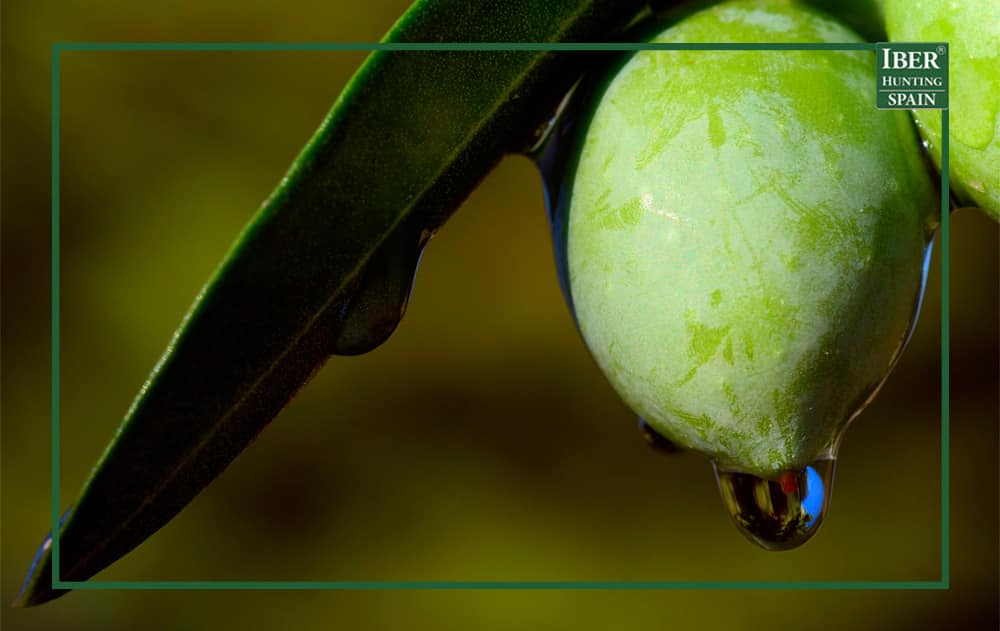
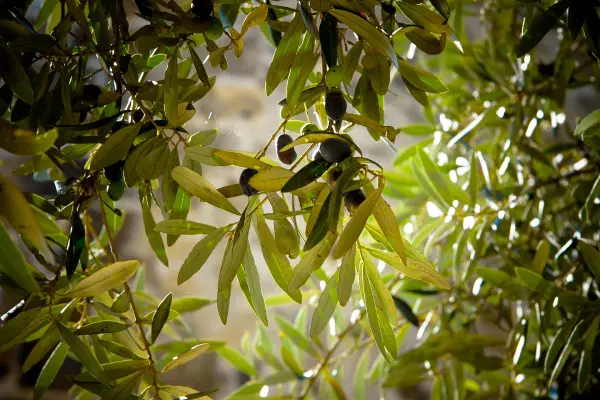
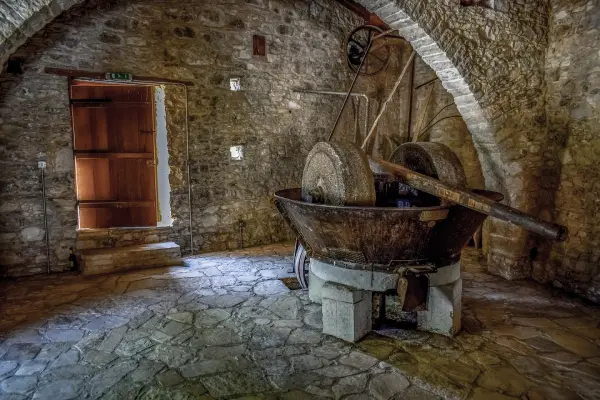
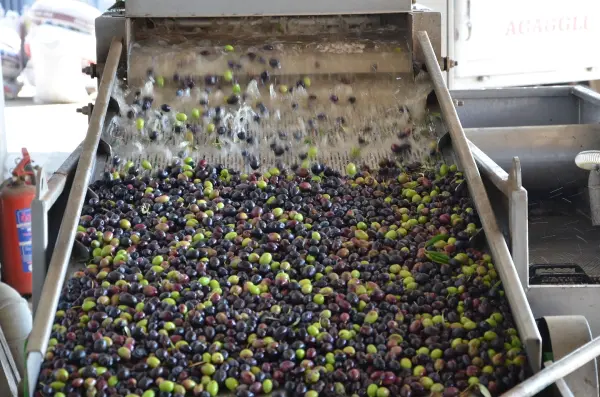
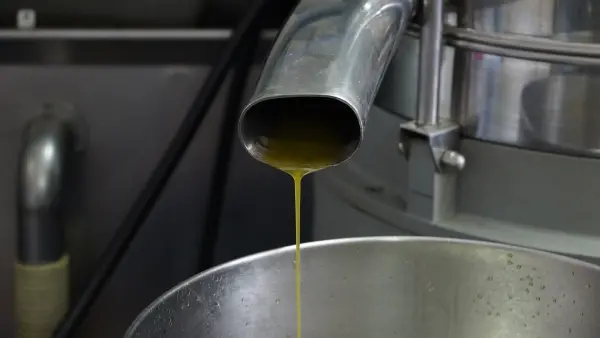
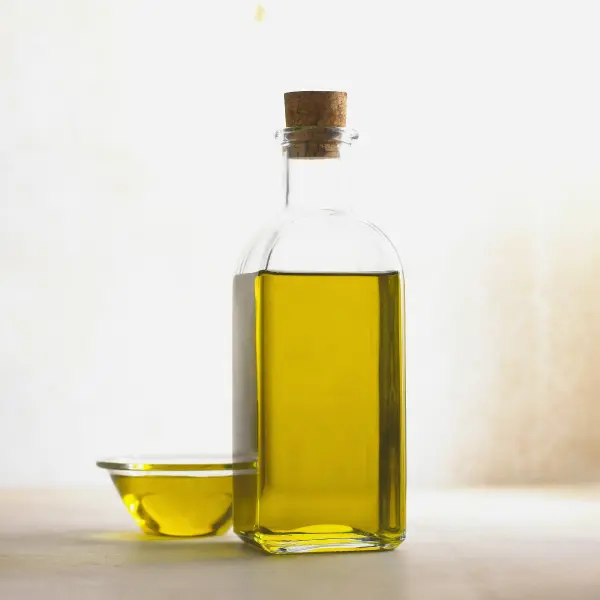
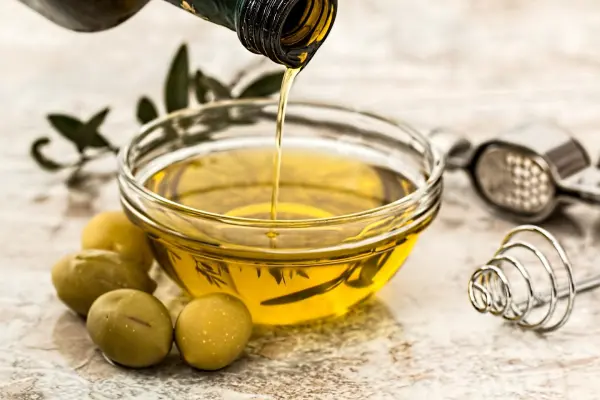






Leave A Comment